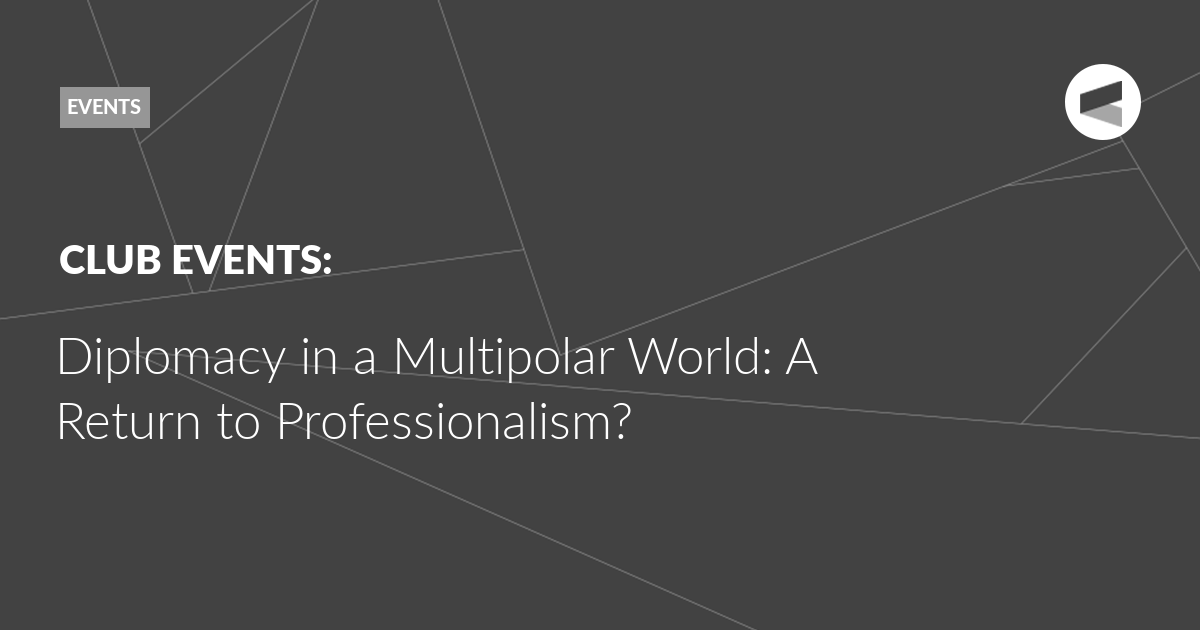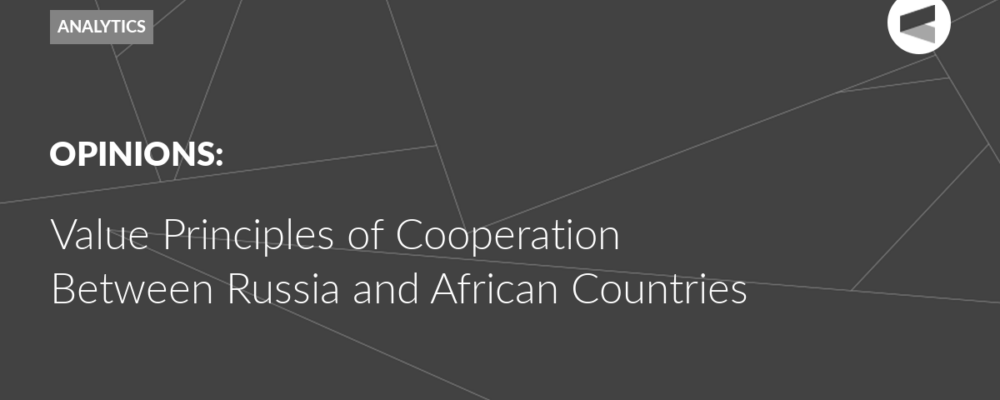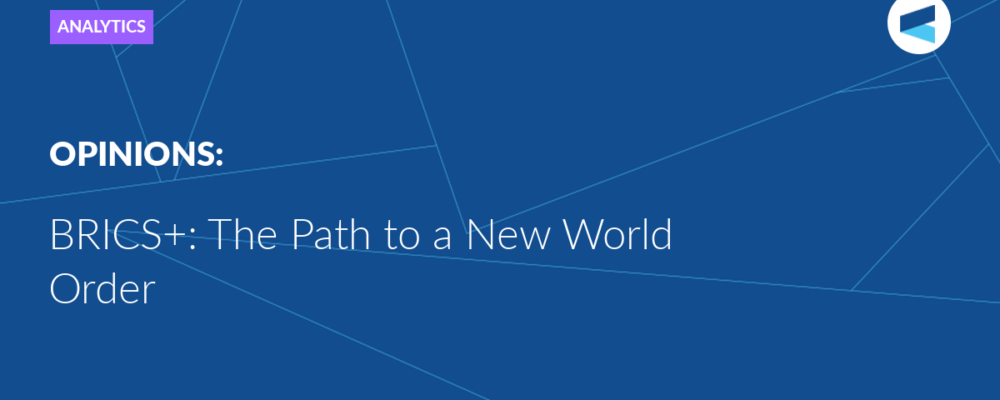On April 21, on the eve of the International Day of Multilateralism and Diplomacy for Peace, which is celebrated under the auspices of the UN, the Valdai Club hosted an expert discussion titled “The Boundaries of Reason: The Diplomat’s Work in New Realities.” The moderator of the discussion, Anton Bespalov,called the fading of traditional diplomacy in the West and its flourishing in the Global South an important element of the new diplomatic environment, characterized by a complex and multifaceted crisis in relations between Russia and the West. He emphasized that there is nothing unexpected in the latter, since many countries in the Global South have a strong diplomatic school.
Sergey Krylov, Professor of the Department of Diplomacy at MGIMO, noted that direct and personal conversations and contacts between Russian and Western diplomats have become fewer in recent years. He attributes this to two factors. First, over the past two decades, there has been a noticeable change in the political layer in the West. Its new generation in Western Europe now are not professionals from the sphere of public administration, but people from political parties and economic structures, who have gone through the school of American political thought. Second, more and more decisions are being made at the supranational level – that is, at the level of NATO or the European Union. This actually excludes the protection of national interests, because the functionaries of these structures are, in fact, cut off from their countries. Moreover, as a result, the European side has lost the ability to understand the motives of interlocutors, which is key to diplomatic activity. In order to reverse this trend, a radical change in the political elite must occur, Krylov believes.
“Diplomacy never rests,” said Rashid Alimov, professor at the Academy of Public Administration under the President of the Republic of Tajikistan and the Taihe Institute. “It works 24 hours a day and does not choose the factors with which it has to work.” We are now at a turning point and are witnessing the rapid formation of a multipolar world order, he emphasized. This complex and lengthy process is accompanied by geopolitical confrontation and many conflicts in various parts of the world. The task of modern diplomacy is to prevent these conflicts from turning into global confrontation. Thus, we are essentially witnessing the revival of diplomacy and its return to its true role as a herald and guide of peace, Alimov is convinced. In his opinion, the path to a fair multipolar world, conflict and crisis resolution lies through dialogue in its various forms. He sees the SCO as the embodiment of a new type of international relations in the spirit of mutual respect, justice, equality and cooperation and considers this an achievement of the founders of the organisation, who were able to offer a very attractive partnership model.
Asoke Kumar Mukerji, Distinguished Fellow of the Vivekananda International Foundation (India), named the lack of political will to engage in diplomatic negotiations as the main reason for the crisis of modern diplomacy, and the erosion of trust as the key problem. “Political leaders must talk about dialogue again, not military diplomacy. Until this happens, the crisis will continue,” he is sure. He pointed out the importance of peaceful resolution of disputes and strengthening commitment to the UN Charter. The West’s dominance is weakening, and against this backdrop, it is necessary for the multilateral structures that have already been established to continue to function, Mukherjee stressed, adding that sustainable development should not fall victim to the new belligerence and that it is necessary to resist the weaponisation of international relations, as well as to restore trust between the Global South and the West.
Damdin Tsogtbaatar, a Member of the Mongolian Parliament and Head of the Mongolian Delegation to the OSCE Parliamentary Assembly, believes that the crisis in international relations is a paradoxical consequence of an overly favorable state of affairs. With the end of the Cold War, the antagonism of the two systems ceased to exist. In fact, a “world without enemies” emerged, which was an extremely unusual situation for humanity. “When everyone became friends,” peaceful life became something that goes without saying, and the importance of preserving it was no longer taken seriously, although weapons of mass destruction did not disappear. Against this backdrop, diplomatic rules and customs began to disappear. An unprofessional approach became the norm. It is necessary to return to professionalism in diplomacy, restore the ability to understand other people’s values, and re-establish relationships that have been built over centuries, Tsogtbaatar is confident.
The Valdai Discussion Club was established in 2004. It is named after Lake Valdai, which is located close to Veliky Novgorod, where the Club’s first meeting took place.
Please visit the firm link to site






